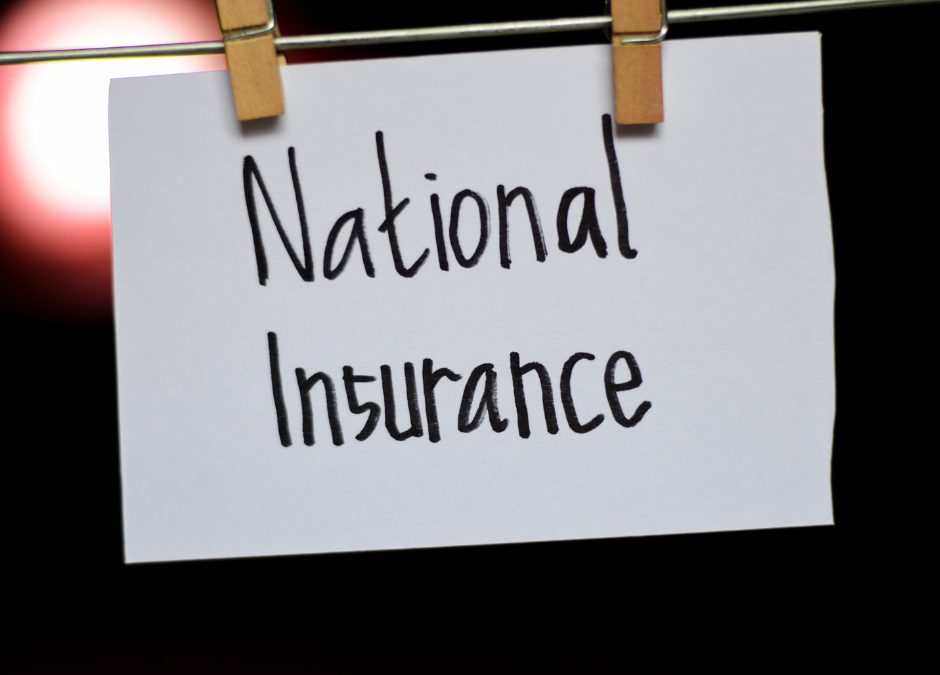
National insurance contributions are taxes on the earnings and profits of the self-employed paid by employees, employers and the self-employed. They can help build your entitlement to certain benefits, whether you are employed or self-employed, such as the State Pension and Maternity Benefit. Some social security benefits will depend on paying sufficient National Insurance contributions.
Several factors can determine the amount and type of National Insurance contribution payable, including:
- employment status
- age
- level of earnings
- residence status
When will I pay?
Are you paid via Pay As You Earn (PAYE)? National Insurance will be deducted from your salary automatically, so you don’t have to do anything.
Applies to each pay period. Depending on how often you get paid, it can be weekly, monthly, or Applies to every pay period. Depending on how often you get paid, it could be weekly, monthly, or some other time period or time period.
This means that if you earn extra in one month, you will pay additional National Insurance. However, you will not be able to claim extra back even if your salary is lower in the other months of the tax year.
Are you an entrepreneur? Your National Insurance contributions will then be calculated based on your tax return. They will be paid at the same time as income tax.
How does National Insurance work and should you be paying it?
If you are over 16 and earn or have self-employment earnings above a certain amount, you will have to pay National Insurance contributions. This helps build your entitlement to certain benefits such as the State Pension and Maternity Allowance.
National Insurance classes
There are different types of National Insurance (known as ‘classes’).
The type you pay depends on your employment status and how much you earn.

When you stop paying
If you’re employed, you stop paying Class 1 National Insurance when you reach the State Pension age.
If you’re self-employed you stop paying:
- Class 2 National Insurance when you reach State Pension age
- Class 4 National Insurance from 6 April (start of the tax year) after you reach the State Pension age